 Get a quote
Get a quoteIn the world of precision machining, time is money. As a buyer of CNC machined components, you know that lead times are critical to your supply chain. They affect everything from production schedules to inventory management and cost optimisation. At Penta Precision, we understand the importance of balancing speed, quality, and cost in precision machining. In this blog post, we will explain what you can expect regarding lead times and share our top tips for securing faster delivery of your precision machined parts.

For reputable CNC machining companies, typical lead times range from 4 to 6 weeks. However, this can vary based on factors such as component complexity, material availability, and the supplier’s current workload. Be cautious of companies promising immediate delivery without a premium price—this could indicate a lack of quality or reliability.
Clear and optimised designs are essential in precision machining. Ensure your drawings include well-defined tolerances and surface finishes. Consider utilising Design for Manufacturability (DFM) principles to optimise your designs for efficient machining, without sacrificing quality.
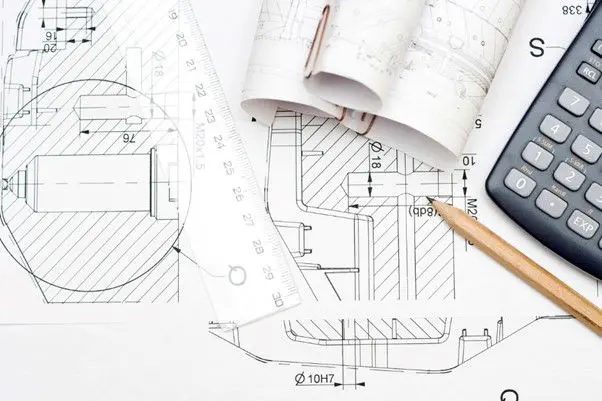
The two obvious buying methods are:
However, there are three buying methods that often go under the radar but could effectively reduce your lead time to just 24 to 48 hours! Which you choose will depend on your requirements. Let’s look at each one…
Place a large order but request deliveries in portions as needed. This method can give you excellent forward visibility with the added benefit of securing bulk prices.
This is similar to call-off orders, with the difference that you agree to a delivery schedule in advance with your supplier. It requires a bit more planning, but it is a great way of tying up your CNC machined part deliveries with other parts of your supply chain.
This method is notably different from other buying approaches. It exemplifies a just-in-time (JIT) inventory management strategy, ensuring smooth production by initiating the replenishment of components exactly when needed. When the inventory level reaches a predetermined point, the system notifies the machining supplier, prompting a timely refill of the components.
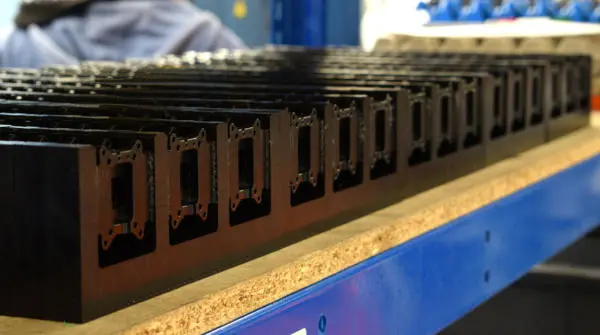
When selecting a CNC machining supplier, consider choosing one that offers a "one-stop-shop" service. This type of supplier manages the entire process, from ordering materials to machining, coordinating coatings and finishing processes, inspections, and even assembly if needed.
Opting for a one-stop-shop can significantly reduce your lead times and streamline your production process, thereby lightening your workload. The responsibility of coordinating all the elements shifts from you to the supplier, which helps to mitigate the risk of delays and minimize potential complications.
Furthermore, a one-stop-shop service enhances predictability in lead times since there are fewer moving parts for you to manage yourself.
If you face extended lead times with overseas suppliers, think about reshoring to a local manufacturer. This can offer more predictability and stability in your delivery schedules.

Reshoring with a British manufacturer provides an effective solution to these challenges. Domestic shipments typically take only a couple of days, which is a significant improvement compared to the six to eight weeks required for sea freight from the Far East.
This increased predictability and stability in delivery schedules enables better planning for your production and sales cycles, ultimately reducing stress and boosting confidence in your operations.
Partner with a precision machining supplier that prioritises clear and consistent communication. This will help reduce the burden of following up on your orders and allow for better planning in the event of unavoidable delays.Whether it’s asking you the right questions at the quoting stage or keeping you in the loop during machining, open channels of communication can alleviate the time and mental burden of chasing your supplier.

Occasional delays are unavoidable, but a reliable supplier should promptly communicate with you in such instances which will allow you to make the necessary adjustments in your production schedule.
At Penta Precision, we are dedicated to delivering CNC machined components with outstanding communication, care, and consistency. Our ISO 9001:2015 accredited processes ensure that we effectively meet your precision machining needs.Here’s how we identify potential issues during estimation to improve lead times:
1. Expert Estimator Insights: Our experienced team identifies potential issues before they arise.
2. Collaborative Design Review: We work alongside you to refine designs for manufacturability.
3. Transparent Quote Process: We provide clear and detailed breakdowns of our estimates.
4. Proactive Communication: We openly and promptly address potential challenges.
5. Continuous Improvement Feedback: We learn from past projects to enhance future processes.
If you're looking to improve lead times and quality in your next precision machining project, we're here to help. Contact us today to discuss how Penta Precision can support your manufacturing needs.
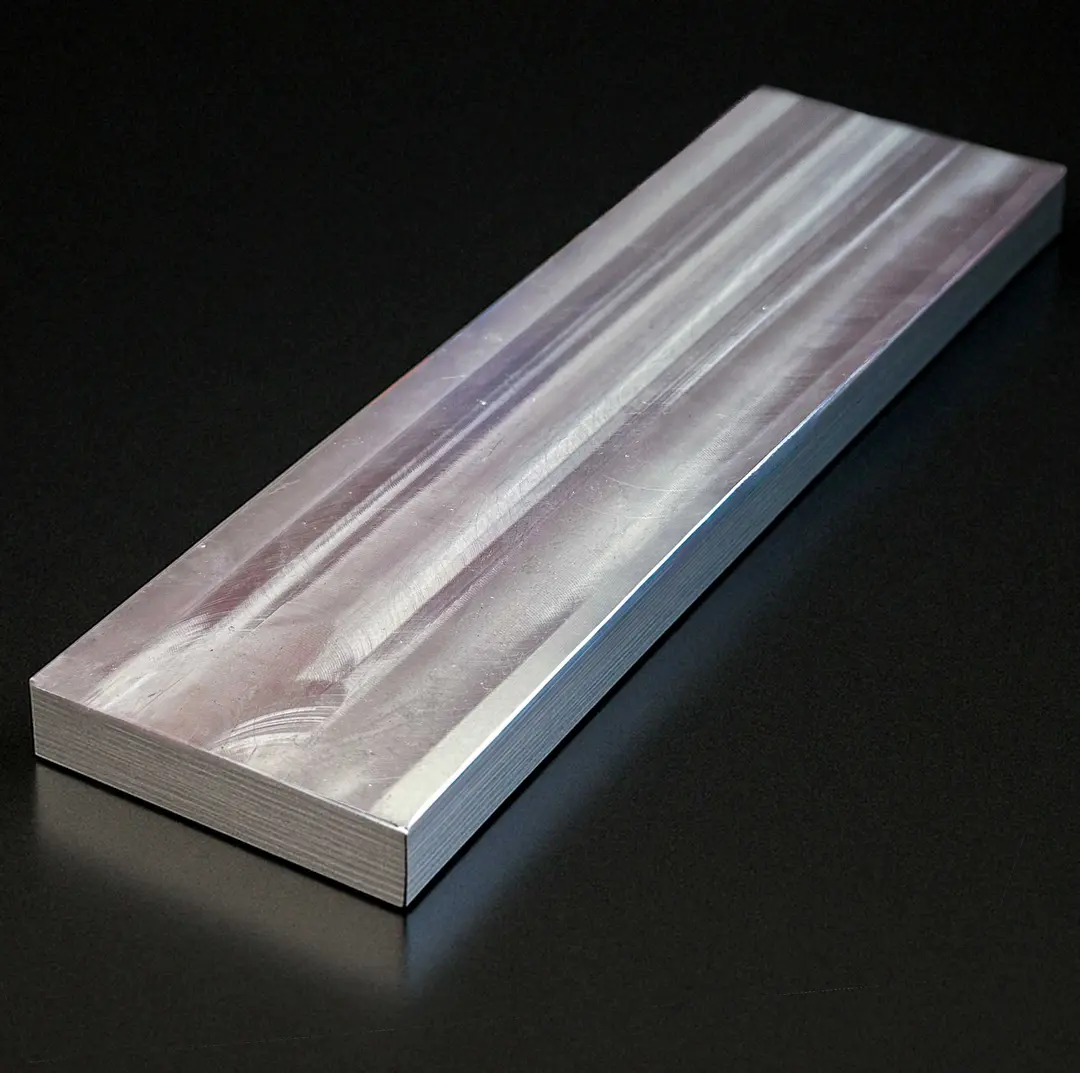
When your components are exposed to moisture, chemicals, or saltwater, choosing corrosion-resistant materials is key to ensuring long-term reliability. Selecting the right corrosion-resistant metal helps protect both performance and your bottom line. This guide explores the best corrosion-resistant materials for CNC machining in harsh environments. You'll learn which corrosion-resistant metals offer the most durability, and when each is the most suitable.
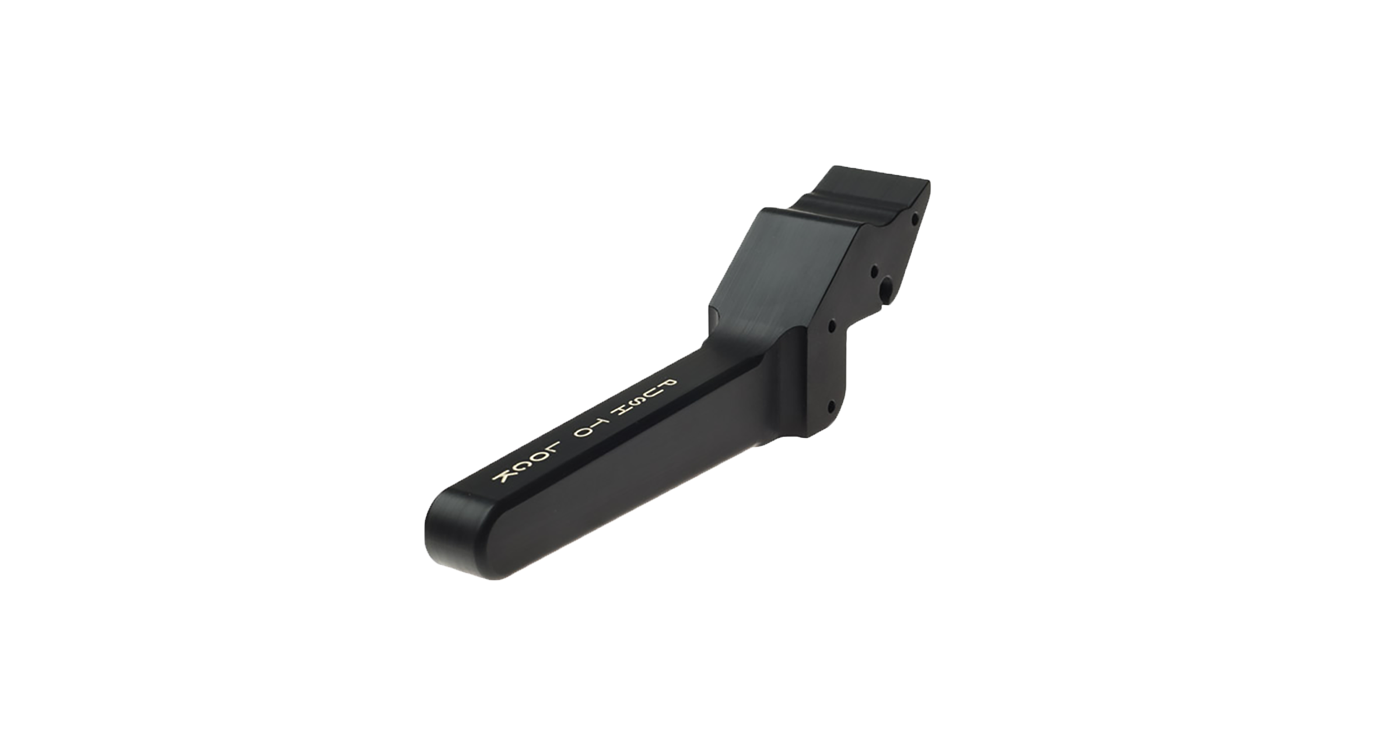
Penta's aluminium and plastic machining capabilities helped relieve the project strains of a fast moving motorsports manufacturer in the UK by providing parts at short notice and exact to specification.
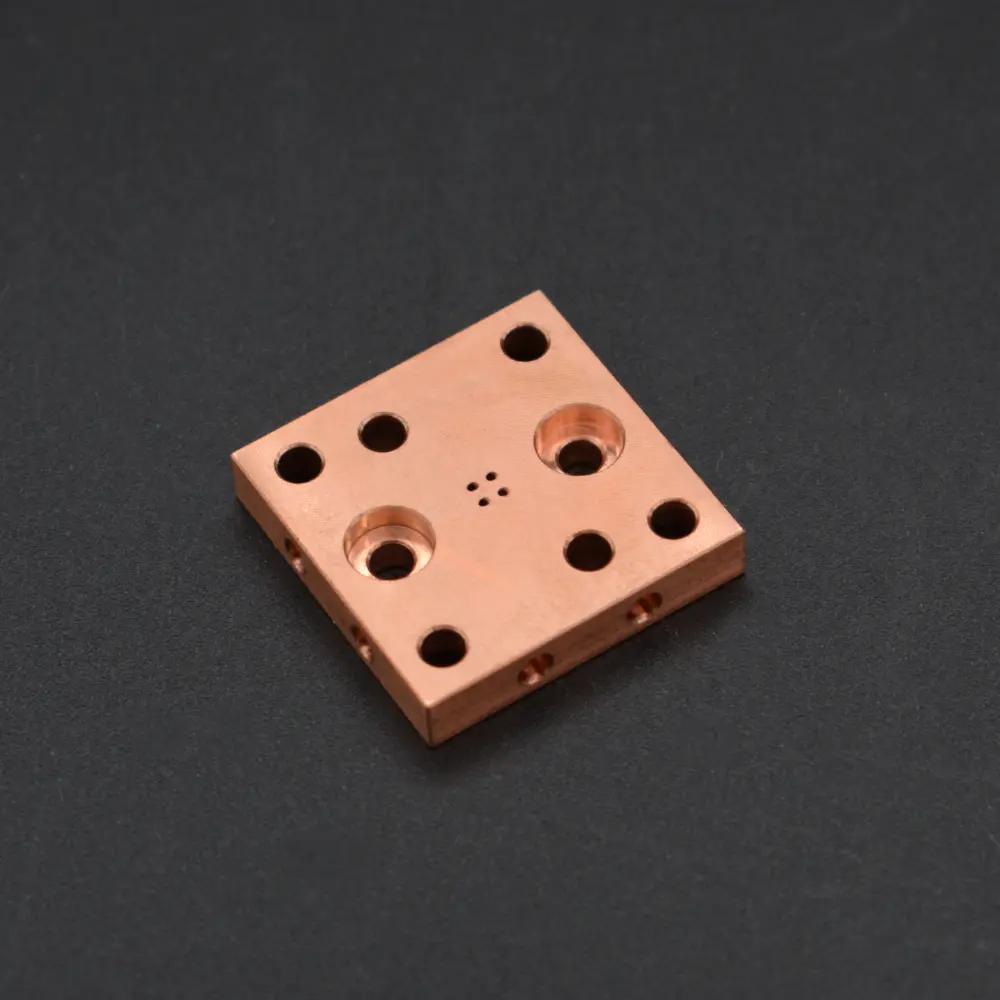
Copper or brass? Brass or copper? If you're in a quandary about which of these two yellow metals to choose for your CNC machined component, you're not alone. In this blog we bring you the lowdown on these two excellent options and will help you compare them side by side.